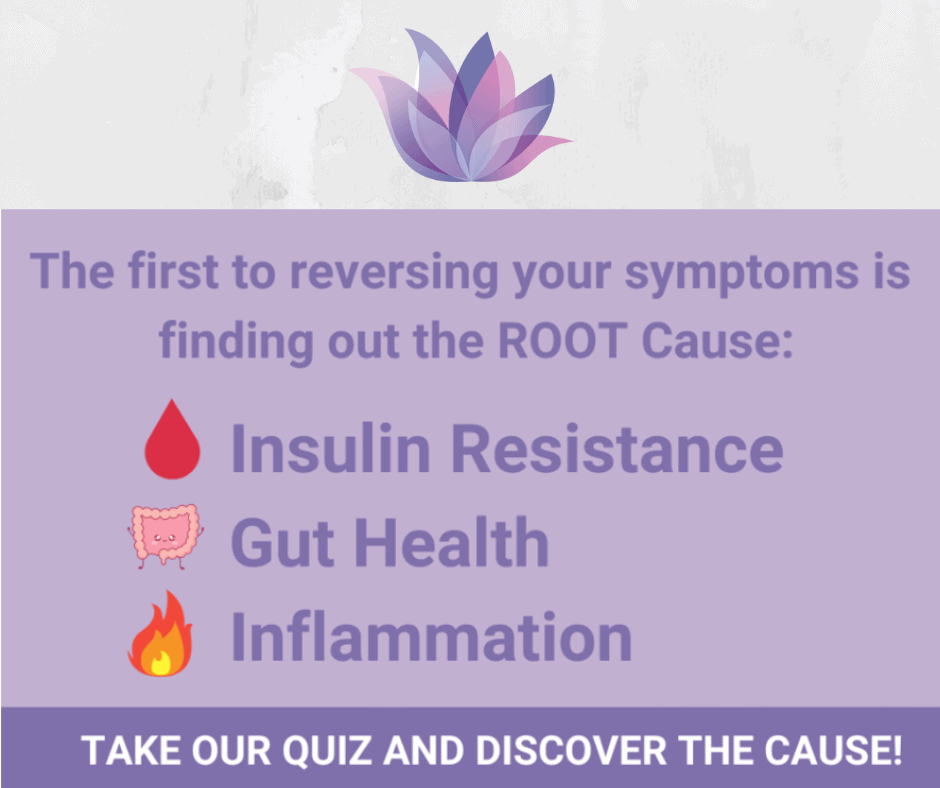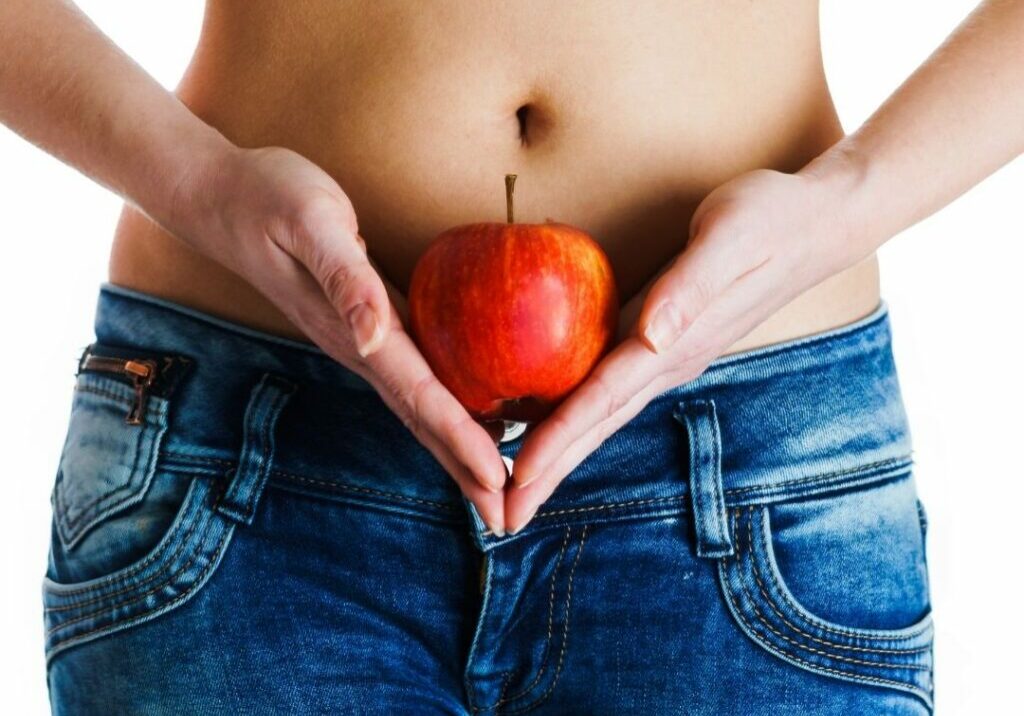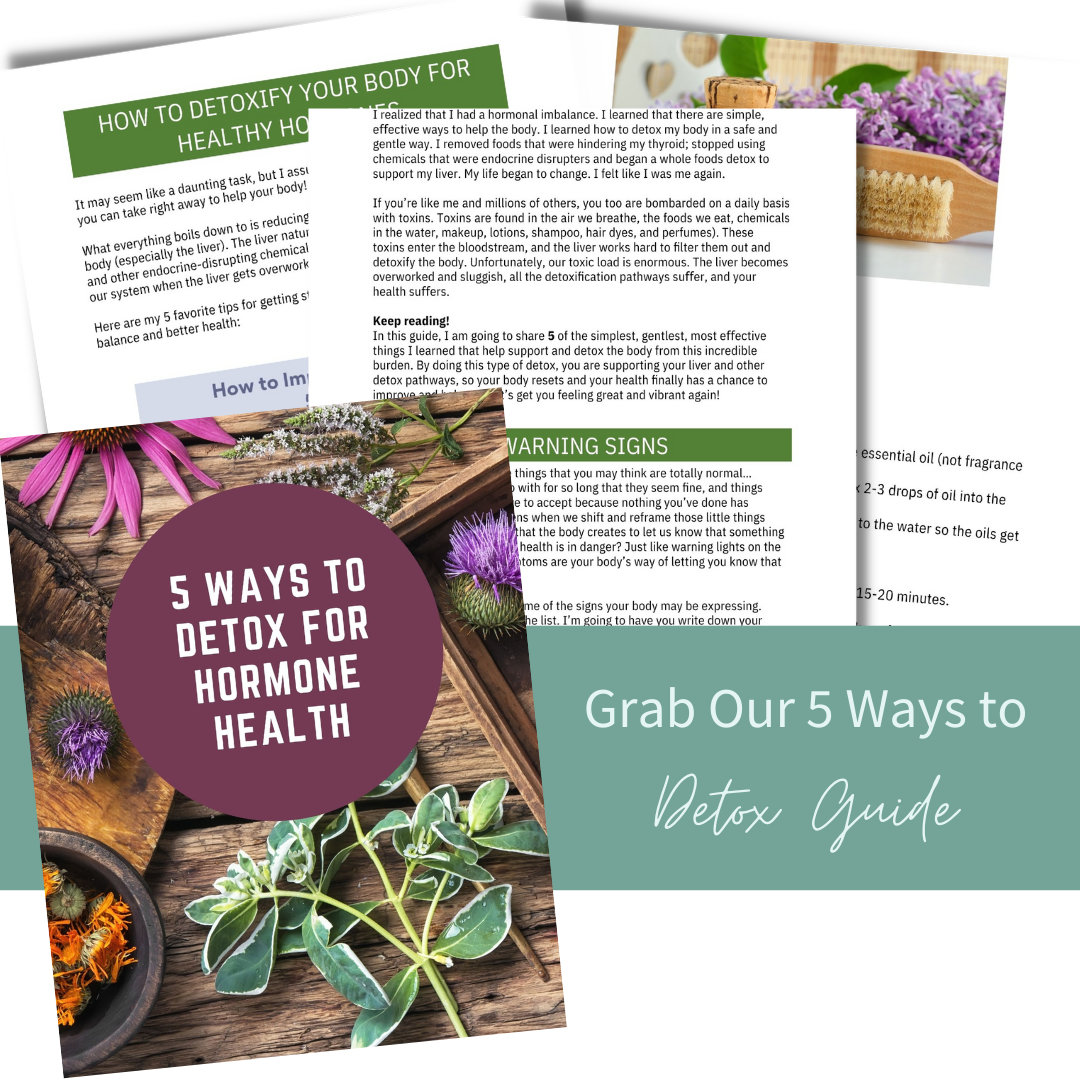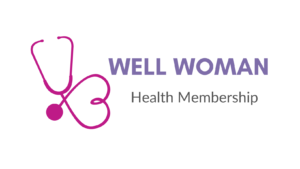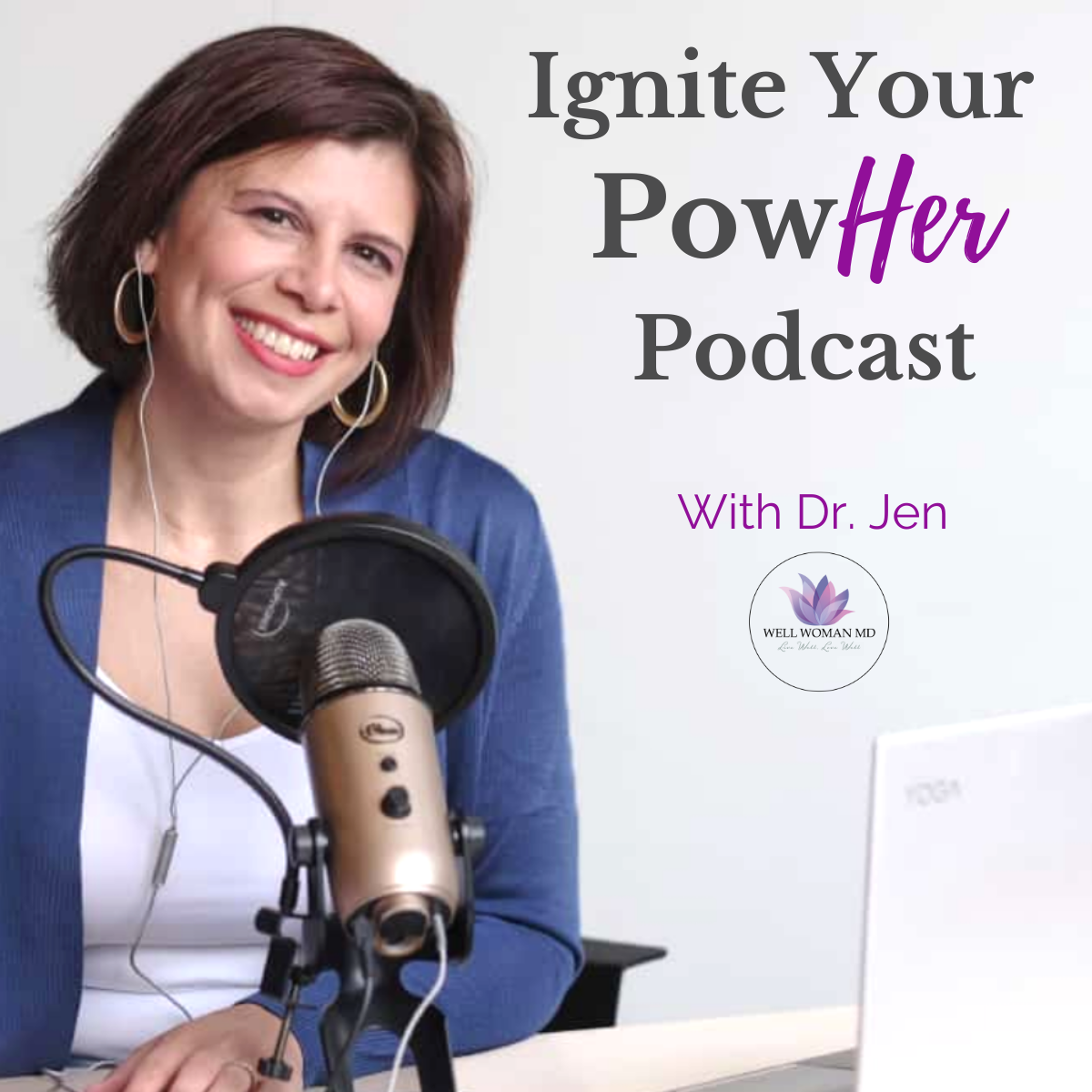First, it is going to be ok. I know it can be challenging and frustrating to deal with infertility. I have been there. Staring at a stick or maybe three hoping to see that faint line only to be disappointed.
But there is hope. You can optimize your body for getting pregnant and ultimately for being pregnant. I have worked with women who took countless rounds of IVF drugs and could not conceive. But then made some small changes in their diet and lifestyle and spontaneously conceived. It is possible. Understanding your body will make it easier to communicate with your doctor as well should you need help. Even if you are not ready yet but will be soon to conceive, starting a fertility diet will help you stay healthy in the meantime.
Getting pregnant can be a complex journey. There is a lot of pieces to the puzzle. I am going to focus on female fertility.
Factors that affect Fertility
There are a lot of factors that affect fertility. But I want to mention the top 6. For more details, refer to this post.
- Diet
- Metabolic conditions such as diabetes, thyroid, autoimmune disorders
- Weight
- Age
- Environmental Toxins
- Stress
Scheduling an appointment is straightforward if you are wanting help trying to get pregnant.
Nutrition and Fertility
Your nutritional status is by far the most important factor you can change. There is a lot of evidence in the medical literature that diet affects fertility. Women with poor diets and nutritional deficiencies do not ovulate, have irregular cycles, and develop chronic conditions that worsen their chances to conceive such as diabetes, PCOS, and hypertension.
In fact, there are several studies that conclude egg quality, quantity, and ovulation can be affected by the type of food you eat.
Your nutritional status (or the number of vitamins and minerals in your body) can directly affect your fertility.
- Low vitamin B6 is associated with nausea in the first trimester and miscarriage.
- Low selenium has been associated with miscarriage and may be related to having an autoimmune disorder.
- Low vitamin c is associated with low progesterone levels and reduced ovarian function.
- Low folate/high homocysteine levels are associated with anovulation and when pregnant, birth defects.
- Low vitamin E can cause anovulation.
Unfortunately in the United States most women have poor diets and start trying to get pregnant low in vitamins and minerals. They often start trying to conceive while being deficient in vitamin D, C, and calcium. This makes it an uphill battle.
What is the best fertility diet?
The best fertility diet is the Mediterranean diet. A Mediterranean diet is anti-inflammatory and based upon clean-eating principles. Even if you have diabetes, PCOS, endometriosis, or a thyroid condition, this diet is beneficial. In fact, it is a good diet to follow even after you have the baby.
Did you a recent study indicated that 39% of women who avoided fast food for one month conceived the next month. Those that did not have double the infertility rate at 12 months. So diet is crucial in boosting your fertility.
Why?
All of those medication conditions I mentioned have inflammation in common. Acute (short term) and chronic (long term) inflammation can cause those conditions to worsen but can also directly cause infertility by preventing ovulation.
Clean eating is essentially a guideline for how to structure your diet. It is not a diet but a WAY of eating. Clean eating is based upon three principles:
- Eat more whole foods or real food. Cut our processed or refined foods.
- Eat for nourishment. Eat balanced meals that are healthy for your specific body. Practice mindful eating and not rushing your eating.
- Detox your life. Clean up the products in your home to cut out toxins that are endocrine-disrupting chemicals. Adopt healthier lifestyle choices such as better sleep hygiene, mediation, and exercise.
For an awesome example of a clean eating recipe, check out this watermelon smoothie bowl.
So what can I eat on a Mediterranean diet?
Whole, organic foods
Whole foods that are not full of pesticides and chemicals are the healthiest choice. Whole foods mean literally raw ingredients, they include grains, legumes, fruits, vegetables, nuts, and seeds. Pesticides and chemicals put on the food while they are being grown can disrupt your hormones, they are called endocrine-disrupting chemics. The easiest best way to get organic is to buy local or GROW YOUR OWN!
Healthy Fats
Not all fats are created equal. Understanding the difference between saturated fat vs trans-fat vs mono-unsaturated fats is important to making the right food choices. Diets high in animal proteins are associated with anovulation (not ovulating) and should be avoided. Instead focus on healthy, plant-based fats such as avocado, coconut, and Flaxseeds/chia/nuts.
15 to 30 grams of healthy fats daily aids in the stabilization and production of stress hormones, cortisol, and adrenaline. We need fat to absorb fat-soluble vitamins such as A, D, K, and E which are important for our health and especially cycle regulation. If you have PCOS, then this is extremely important to get the right fats to improve your fertility.
If you are going to eat fat in dairy, make sure it is full-fat dairy. Low-fat dairy often contains a ton of sugar and is worse for you than full fat. If you have an autoimmune issue, I often recommend eliminating dairy.
Balance your blood sugar
High blood sugars lead to insulin resistance which causes higher androgens (hello PCOS) and therefore inhibits ovulation. Insulin resistance also leads to fewer SHBG proteins being made so those excess male hormones floating in your blood cause hirsutism (unwanted hair). So balanced blood sugars throughout the day are critical to fertility but also to overall GYN health. Balancing your blood sugars is not about eating no carbs it is about eating the right carbs for you and in combination with fat, fiber, and protein. Here are some tips:
1. Build a balanced plate at each meal.
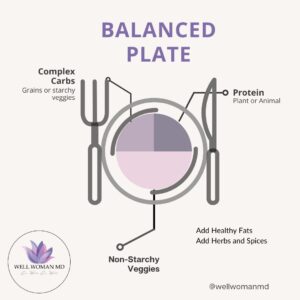
- 1/4 plate needs protein (lean meats, beans)
- 1/2 plate of colorful veggies (non-starchy), think rainbow of colors
- 1/4 plate starchy veggies
2. Avoid empty calories such as sugary drinks, sweets, or adding sugar to beverages.
3. Eat when you are hungry not just because (intuitive eating)
4. Eat-in the right environment (mindful eating)
More water
It’s so crazy how much we don’t think about water intake. Adequate water is important for fertility. It helps make cervical mucus, so the environment is ready for fertilization. It can decrease inflammation
And help you maintain a healthy weight. It also gets rid of toxins in your body. The other thing that water does is gets rid of all the toxins in your body. You must be able to clear out all those excess toxins, especially estrogen. If you’re estrogen dominant and you constantly are imbalanced, then you need to get rid of that extra estrogen.
You need to think about hydration and the fact that whatever your weight is, you need to have half of your body weight in water. So, if you weigh 160 pounds, you need to have 80 ounces of water a day. And literally, it needs to be water.
Can I add supplements if I can’t get them in my diet?
Yes, if you can not get the nutrition and micronutrients you need through your diet, then add it with supplements.
There are a lot of options available, so I won’t focus on which brands. But in general, start with these:
- A good prenatal vitamin that includes DHA or fish oil
- Iodine if you have a thyroid condition.
- Zinc
- Choline
- Vitamin D if you have an autoimmune condition or PCOS
- Probiotics for gut health
Now what?
It takes time to conceive. If you are under the age of 35, it can take up to 12 months to conceive naturally. I know it is hard but be patient. There are medications that a doctor can prescribe to speed this process up but if you genuinely want to try first with your own body then it will take time.
If you want to dive deeper into your own fertility journey, then book a strategy call with me. I can help.
